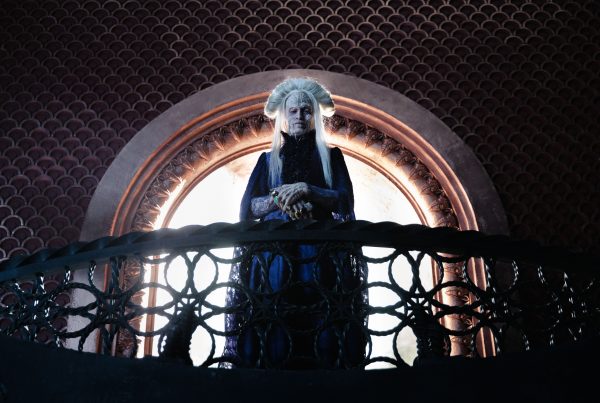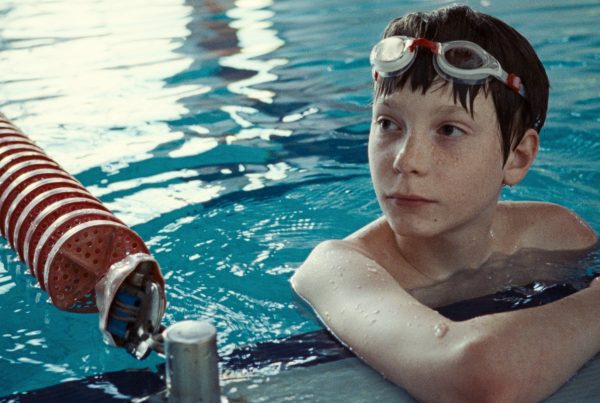
Let’s hope the new sci-fi movie “Oblivion” is mere fiction and not prophecy. Because if it’s the latter, we don’t have much time left. The film is set in 2077, where Earth has become a colorless, post-apocalyptic wasteland, battered from 2017 on in a decades-long war with extraterrestrial humanoids called Scavengers, or “Scavs.”
The Scavs destroyed the moon, which now looks like monochromatic abstract art on a stillborn sky, and earthquakes and tsunamis soon followed this act of interstellar terrorism like falling dominoes. Nuclear plants melted down, and the planet became uninhabitable. Sixty years have passed, and a pair of attractive humans, preserved in cryogenic sleep, have been dispatched to Earth to oversee hydro-rigs extracting energy from the earth – which will be transferred to a colony on one of Saturn’s moons, to help rebuild the human race – as well as to maintain the arsenal of robot drones, the species’ first line of defense.
Got all that? All of this information is dispensed in the first five minutes of the film. In retrospect, it’s the kind of blistering introduction that should almost be preceded by, “Previously on Oblivion.” It’s backstory for the Twitter generation.
Jack Harper (Tom Cruise) and Victoria (Andrea Riseborough) live on a well-appointed spacecraft on Earth – tomorrow’s gray planet – where they share a bed and a mission. They’re the “clean-up crew,” as Jack describes it, overseeing this barren waystation before they join their compatriots on Saturn. But after a seemingly routine drone-repair expedition that raises more questions that it answers, Jack watches as a prewar space capsule crash-lands, revealing a few human survivors, including a woman who looks eerily similar to a figure populating his dreams and whatever memories his government failed to eradicate.
As you might guess, there is a lot going on in “Oblivion,” and I haven’t even touched on the stuff with Morgan Freeman, whose deified oration reverberates through space before we even see him. It’s to the credit of sophomore director Joseph Kosinksi that he paces this busy film at a relatively lean and never-boring 126 minutes.
Originally pitched as a graphic novel, “Oblivion” may wear Kosinski’s homages on its sleeves – “Solaris” is an evergreen influence on every cloistered spaceship thriller since the ‘70s, and the HAL 9000 of “2001: A Space Odyssey” has morphed into the sweet, southern-fried voice of Sally (Melissa Leo) – but the movie’s thematic anxieties are firmly rooted in 2013. Its dystopian future of a perennially surveilled, drone-“protected” environment follows the natural extension of where our current, unconstitutional drone program is headed. The film catalogs the perils of delegating morality to thoughtless machines, as well as the perennial sci-fi theme of relying on technology over humanity. Issues of war propaganda and conditioning also seem to reflect the United States’ disastrous military adventurous in Iraq and Afghanistan, as withdrawals commence from these countries and we attempt to save face. “We won the war,” Jack continues to insist, repeating the company line despite the obliteration of the planet and most of humanity in the process.
These are all admirable points of view in a Hollywood blockbuster, and Kosinski and company should be commended. This is not to say that “Oblivion” values cerebral commentary first and foremost, a la the still-provocative “Starship Troopers.” This is an action spectacular, and expensive CGI set-pieces eventually consume the narrative to its own debasement. There are far too many last-minute saves, far too many unlikely decisions on the part of the film’s villains, far too many quippy wisecracks that sound enticing on trailers. But, with a few admirable plot twists, superlative visual effects, and serviceable enough acting, this is a major studio attraction whose pertinent message is the intellectual icing on a pretty solid cake of entertainment.







